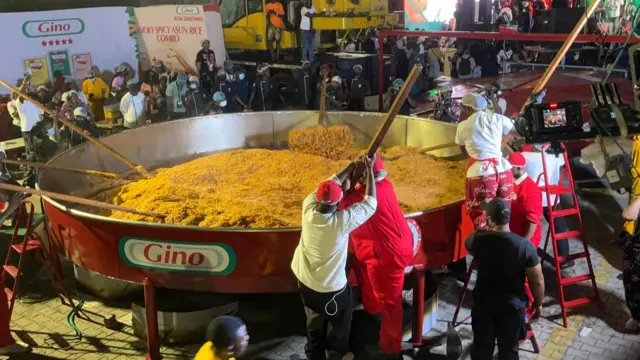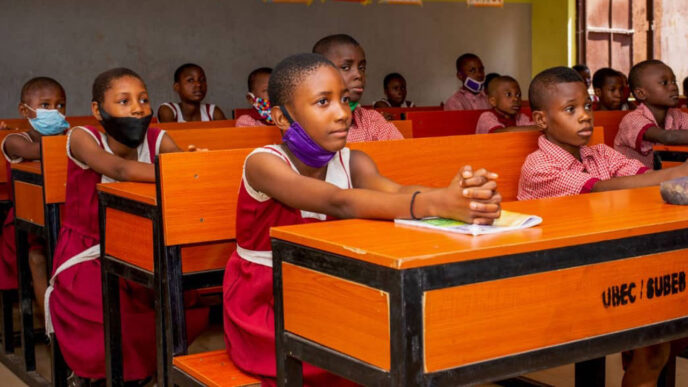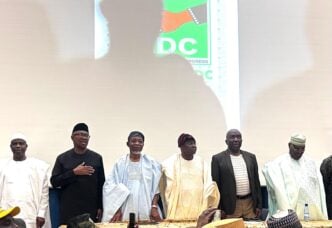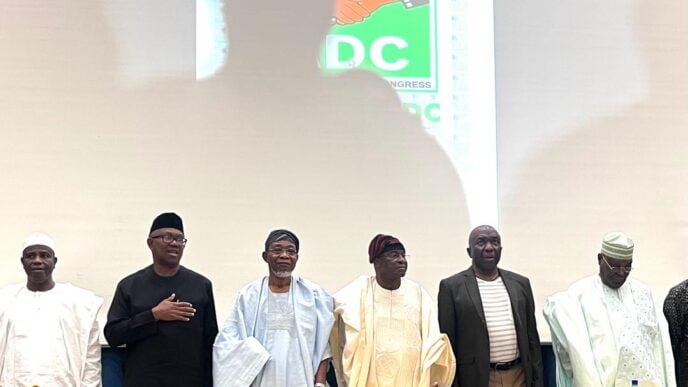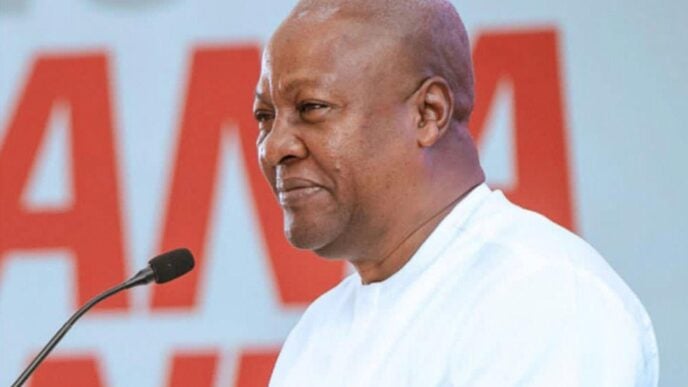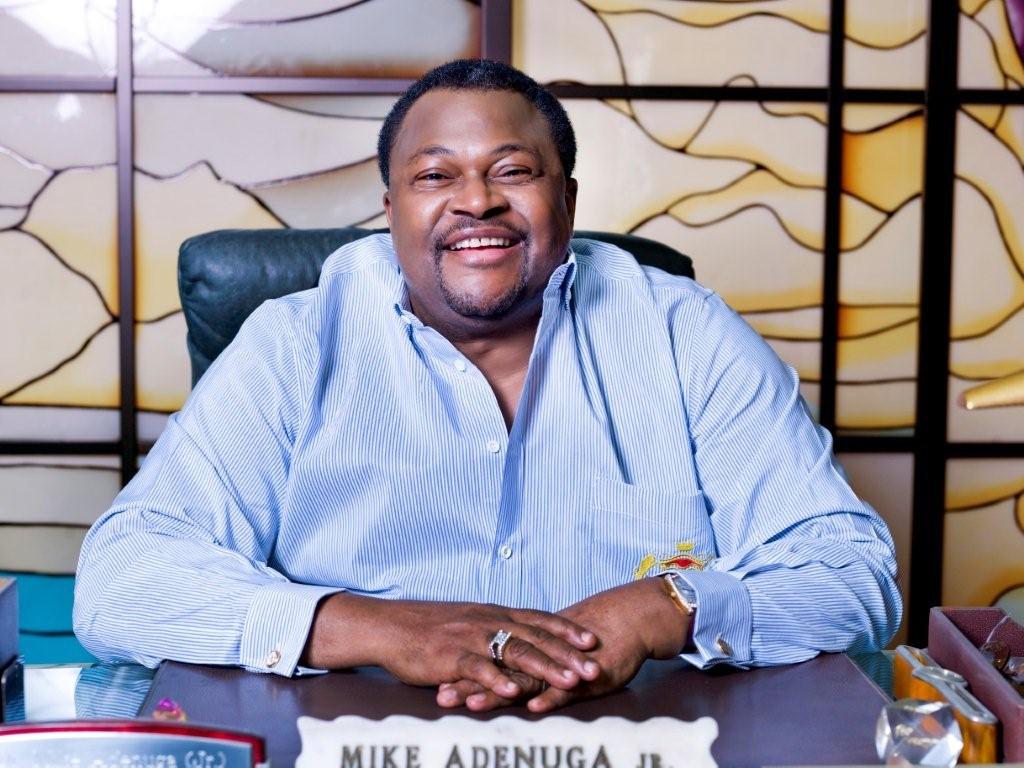BY SEUN OLUYEMI
When Chef Hilda Bassey attempted the world’s largest pot of Jollof rice, reactions were mixed with cheers and criticism. With over 18 years of experience in the media and entertainment industry, I have witnessed firsthand how quickly cultural moments can capture national attention. However, these moments are never just about spectacle.
Content creator Gheghe called the jollof attempt a “hunger crisis,” at best. Renowned writer and filmmaker note that people are winning Nobel Prizes in physics, chemistry, physiology, and medicine, yet Nigerians are busy cooking rice. But that’s the wrong way to look at it.
It wasn’t just about food. The jollof event created jobs, which are desperately needed in a country like Nigeria, where youth unemployment is biting hard. This translates to every spark of economic activity mattering.
Advertisement
Chefs, caterers, logistics companies, event managers, food vendors, security personnel, and content creators all had their work cut out by swapping ideas and building relationships. Brands gained visibility. Media houses had stories to chase. The massive cheering crowd became part of a cultural moment that put Nigeria on the global stage, reinforcing our footprint in the same way Afrobeats and Nollywood have.
And then there’s the cultural significance of jollof itself. For Nigerians, food is identity. Jollof is pride. From south to north, we debate recipes, garnish with care, and celebrate our culinary heritage, even competitively with neighbouring countries whose jollof versions are excellent, but the Nigerian standard triumphs.
Now, let’s bring the same lens to another cultural-economic moment: the Guinness World Record attempt for 150 makeovers in 24 hours, led by Tacha Akide, the BBN superstar, alongside a Beauty Festival. Some will laugh it off as “makeup for show,” but the deeper story is economic. Makeup artists, hairstylists, event managers, marketers, stagehands, vendors, and security personnel will all earn income. Beauty brands will showcase products. Young Nigerians, especially women, will see that the beauty industry is serious business, not vanity.
Advertisement
The event will feature a full concert, combining music, beauty, and fashion under one roof. This is culture feeding the economy in real-time. When we dismiss these attempts as frivolous, we miss the bigger picture: Nigeria’s creative economy is alive, vibrant, and global. Across food, beauty, music, and film, Nigerians are turning passion into jobs, networks, and recognition.
When a chef dares to cook the largest jollof rice or a star attempts the longest makeover marathon, they aren’t chasing clout but creating possibilities. This isn’t a distraction. This is the future, and it must be nourished, encouraged, and celebrated.
Seun Oluyemi is the senior producer of Rubbin’ Minds, event curator, and documentary filmmaker with over 18 years of experience in Nigeria’s media and creative industries.
Advertisement
Views expressed by contributors are strictly personal and not of TheCable.
